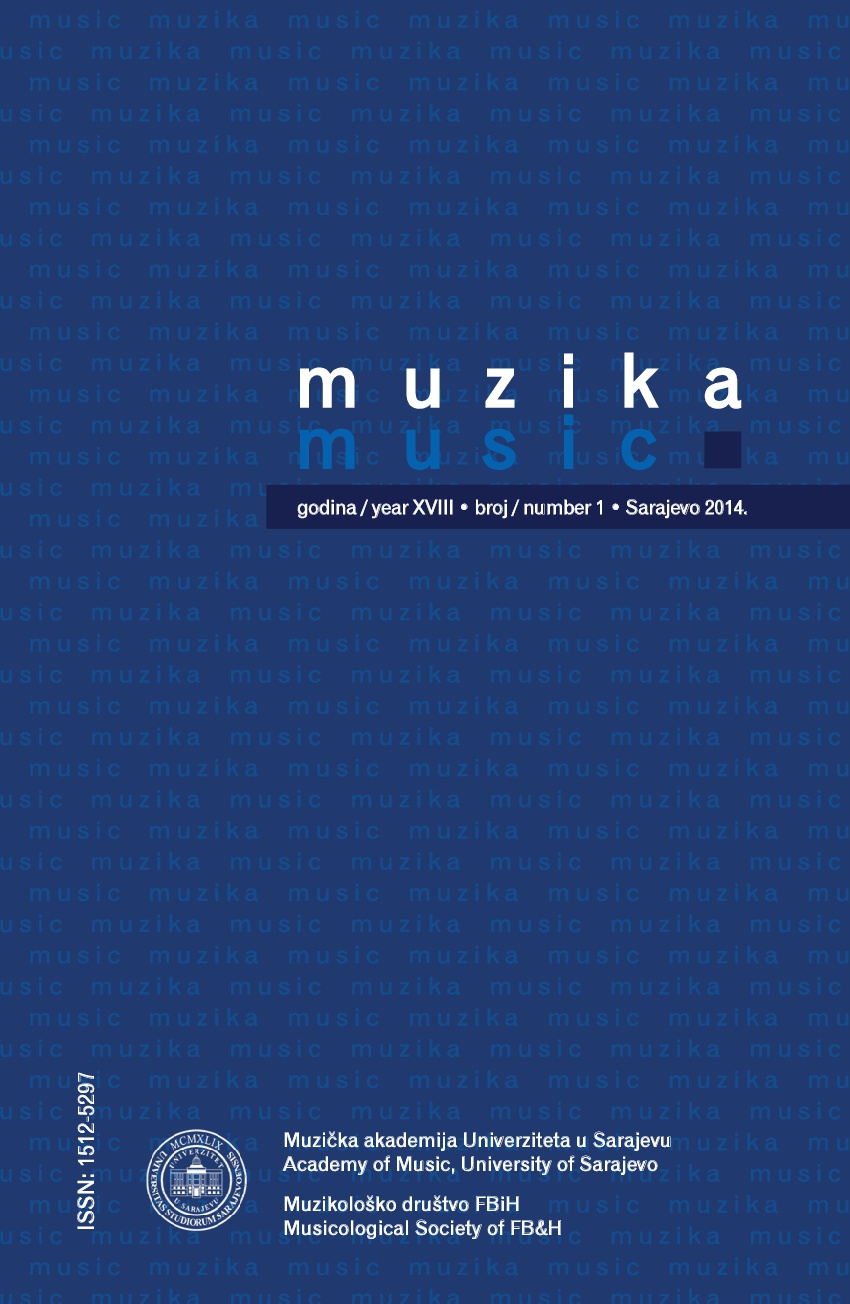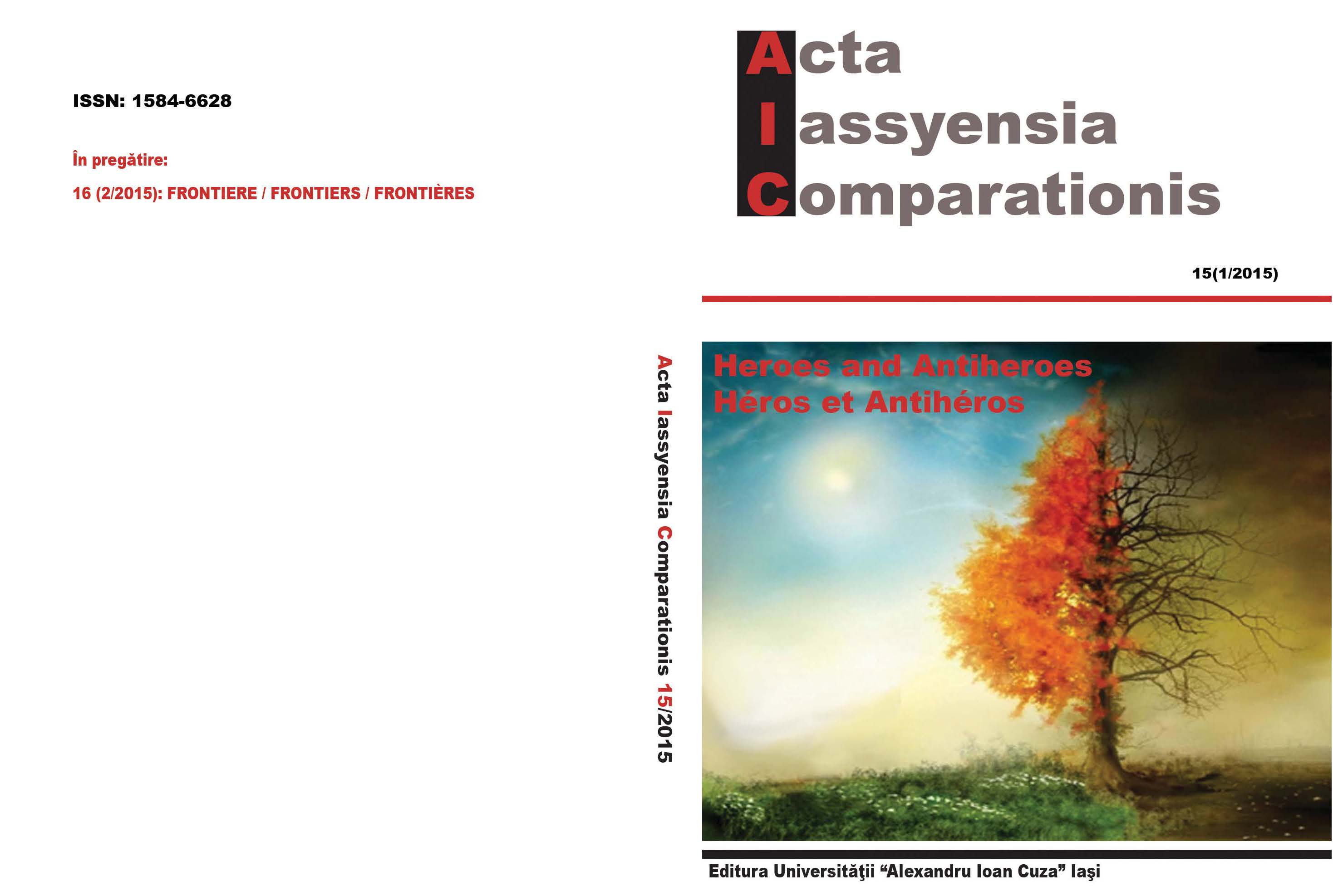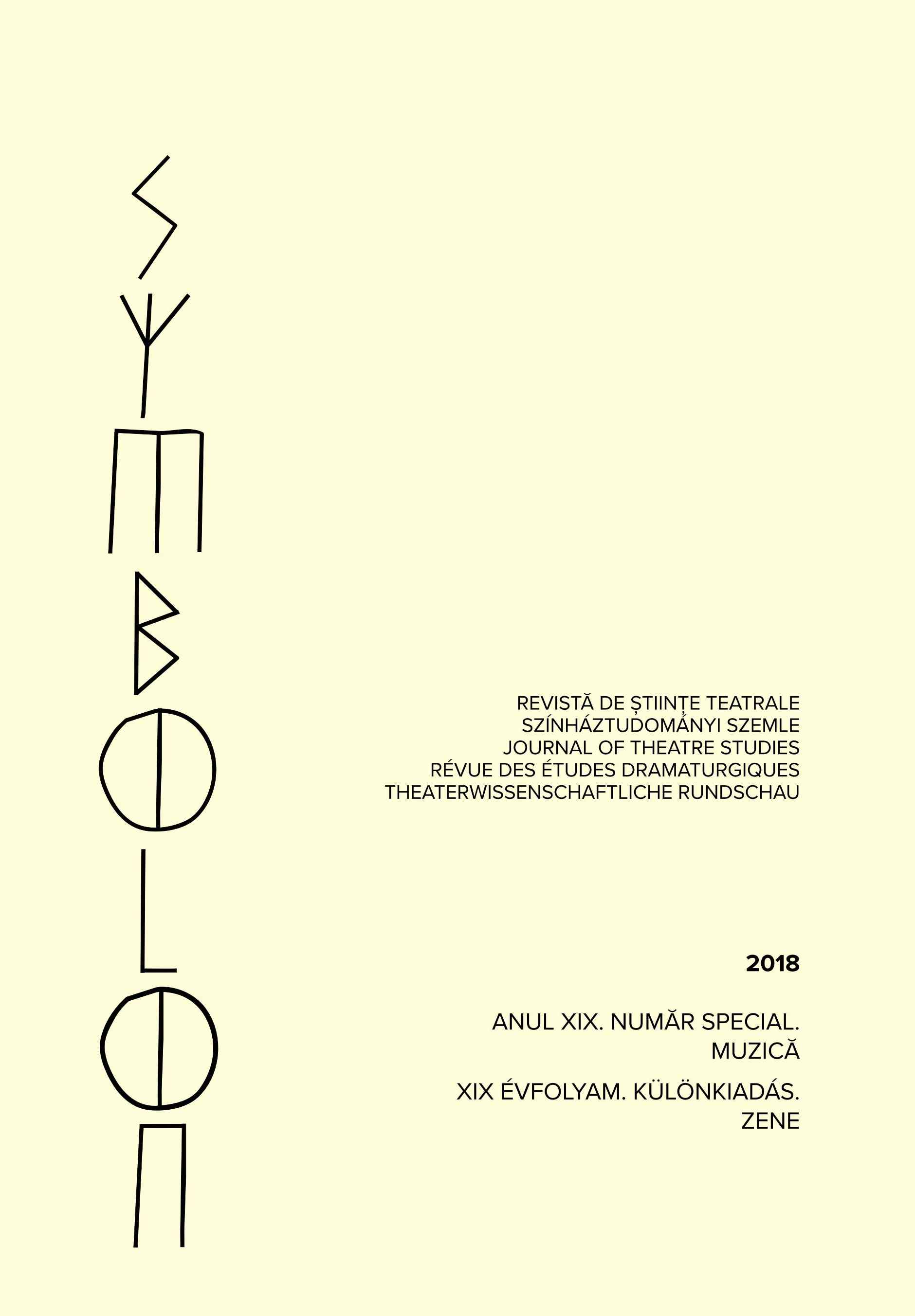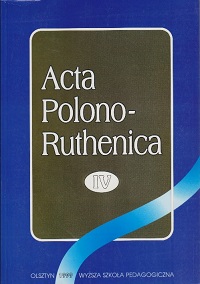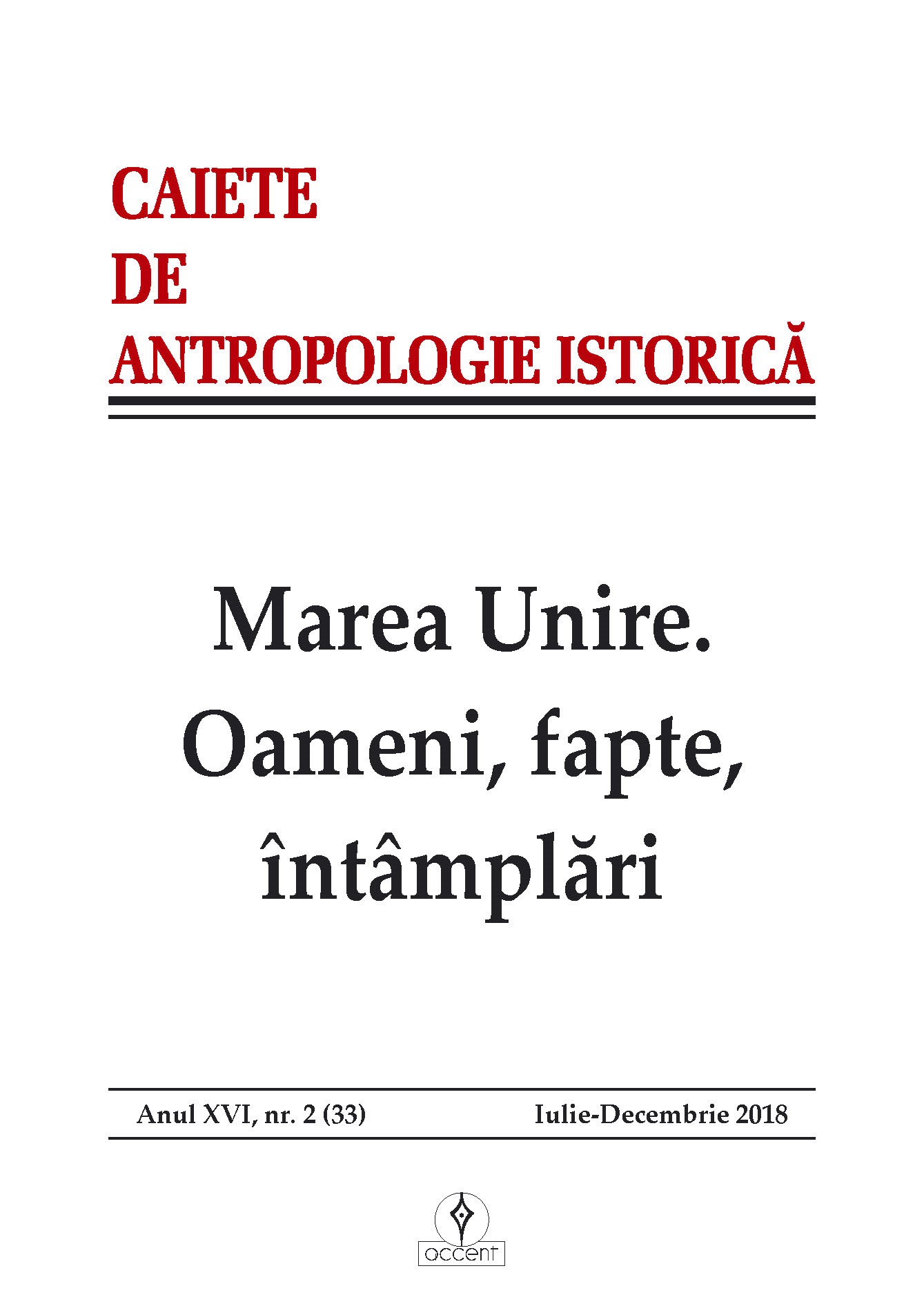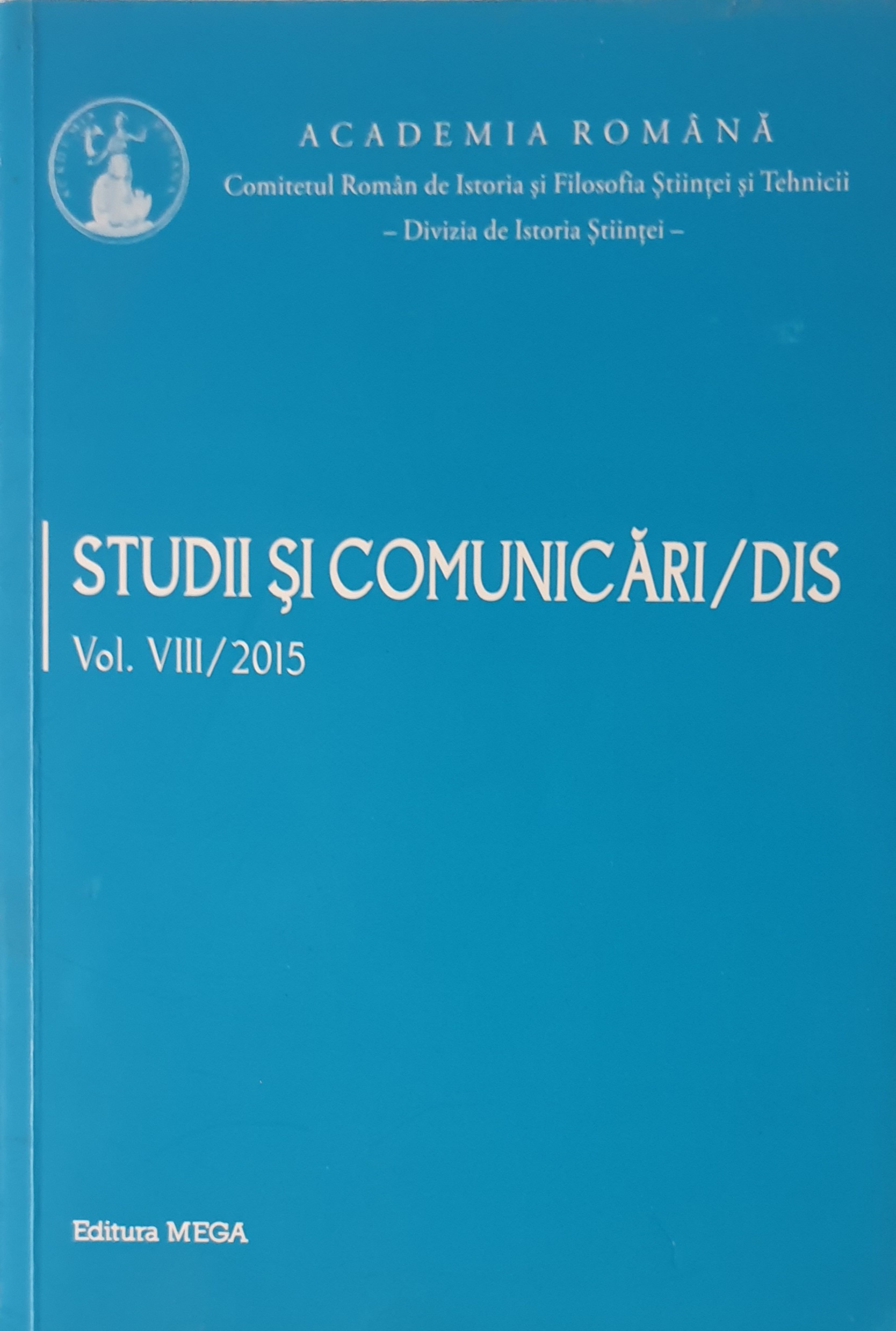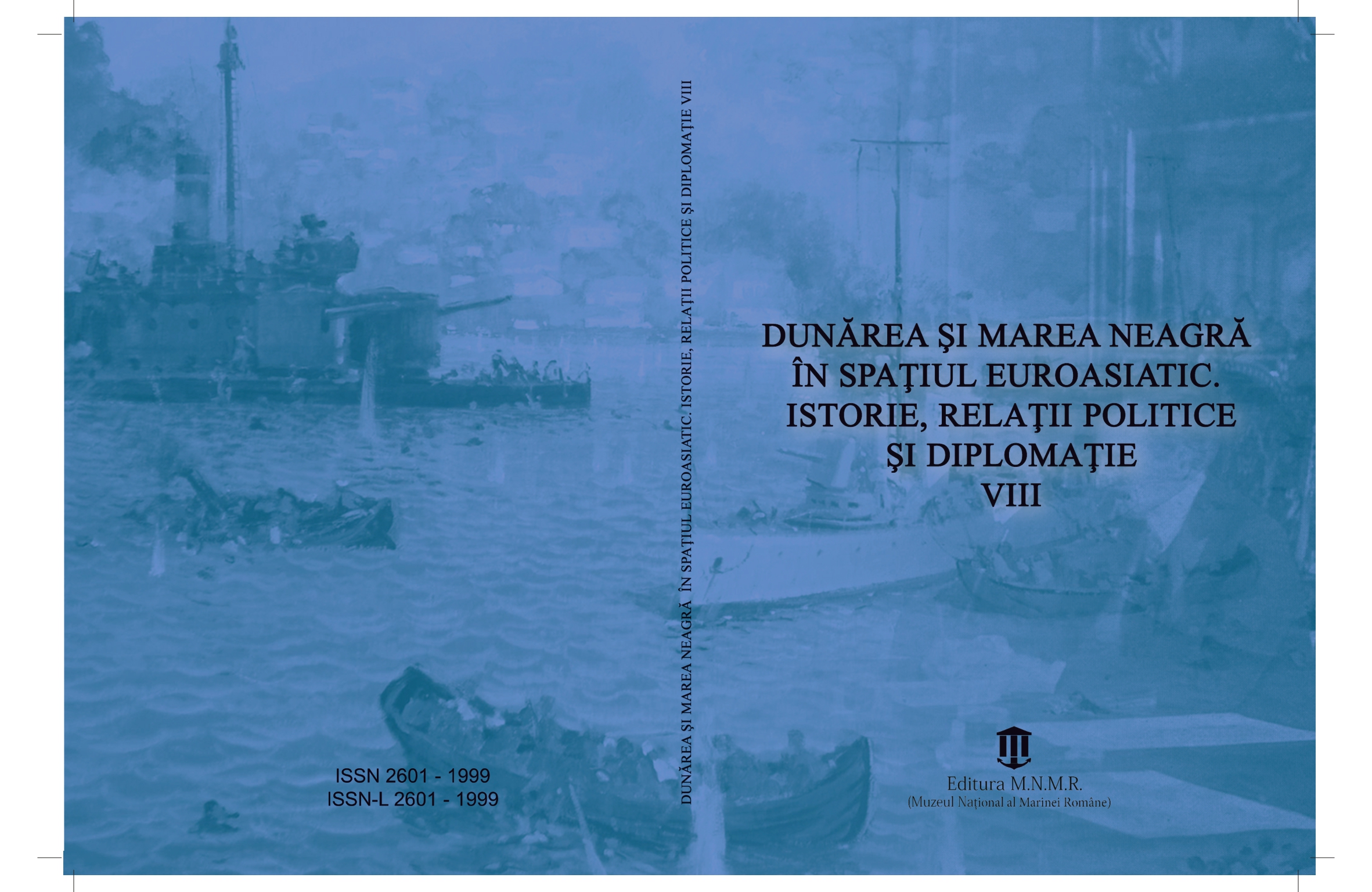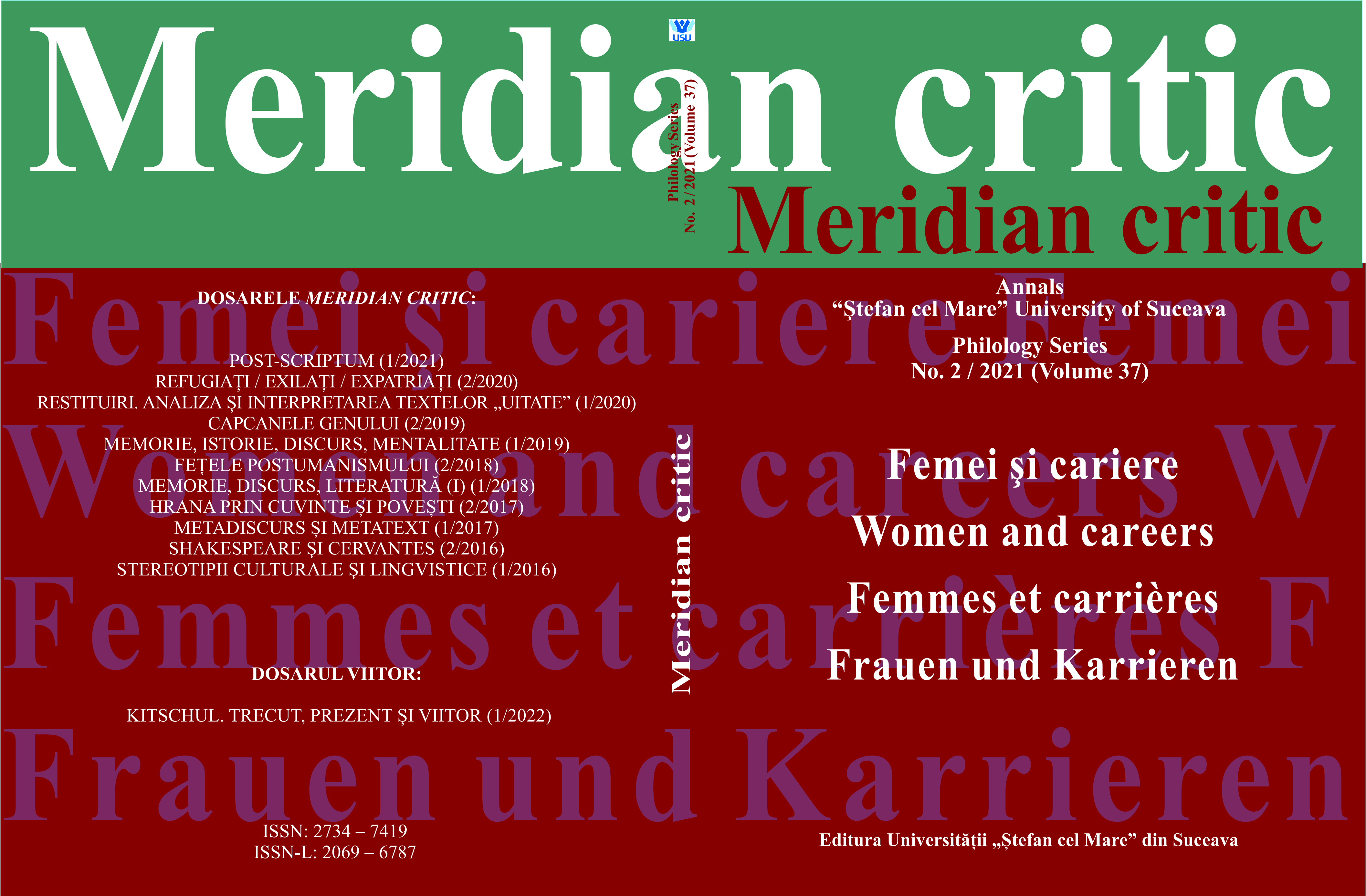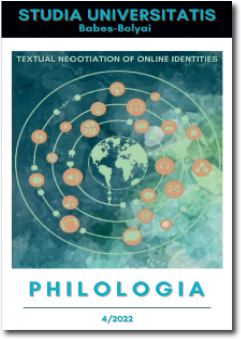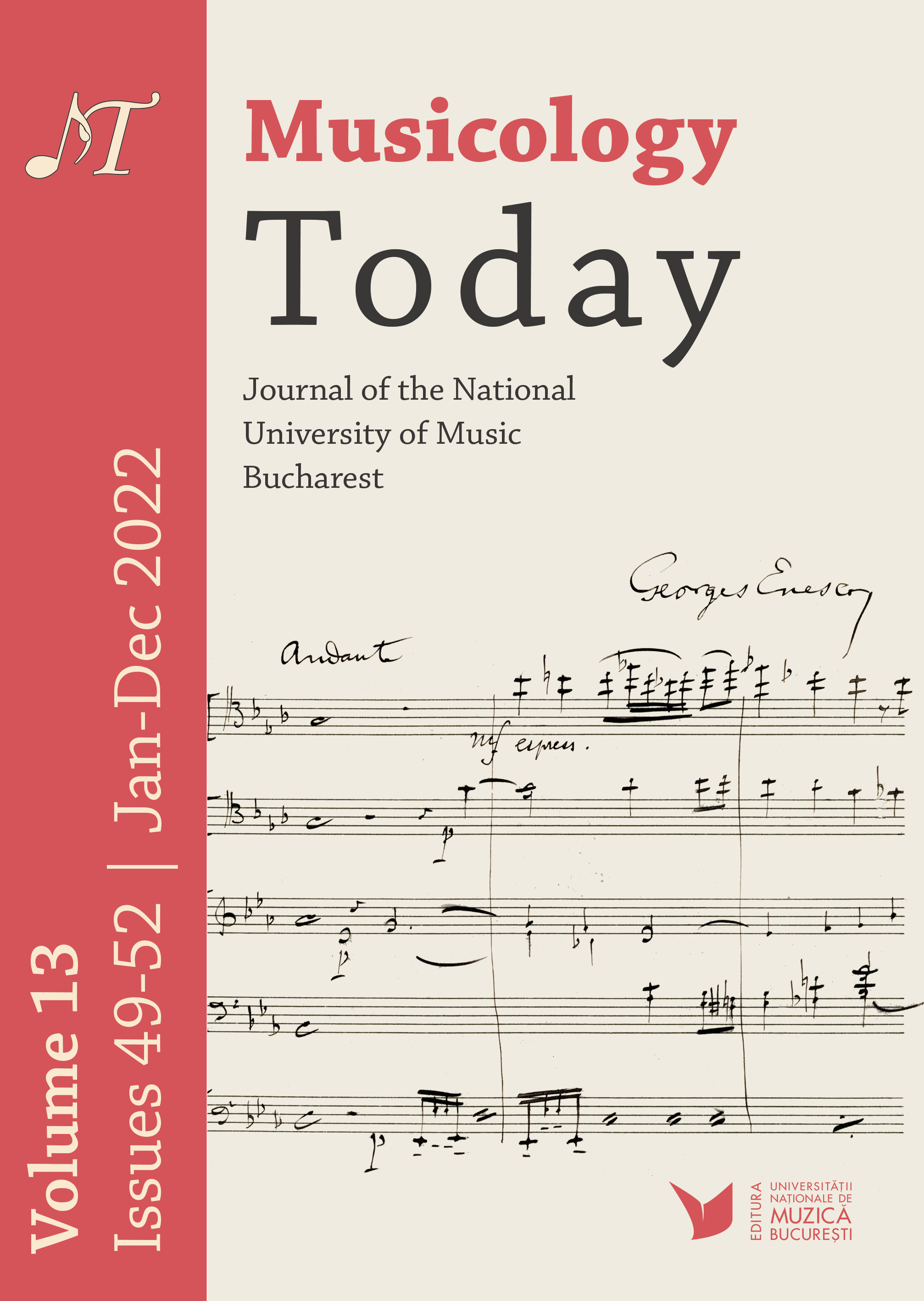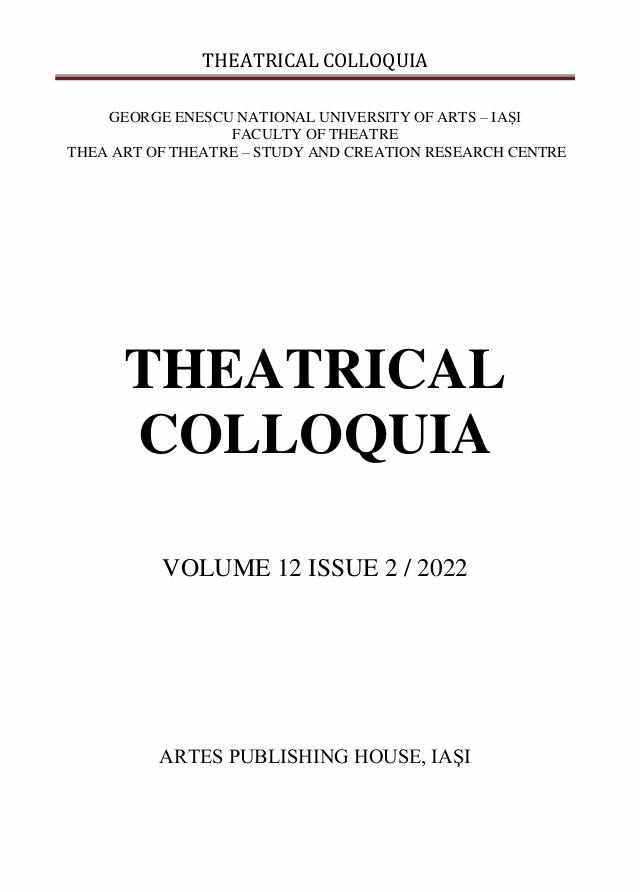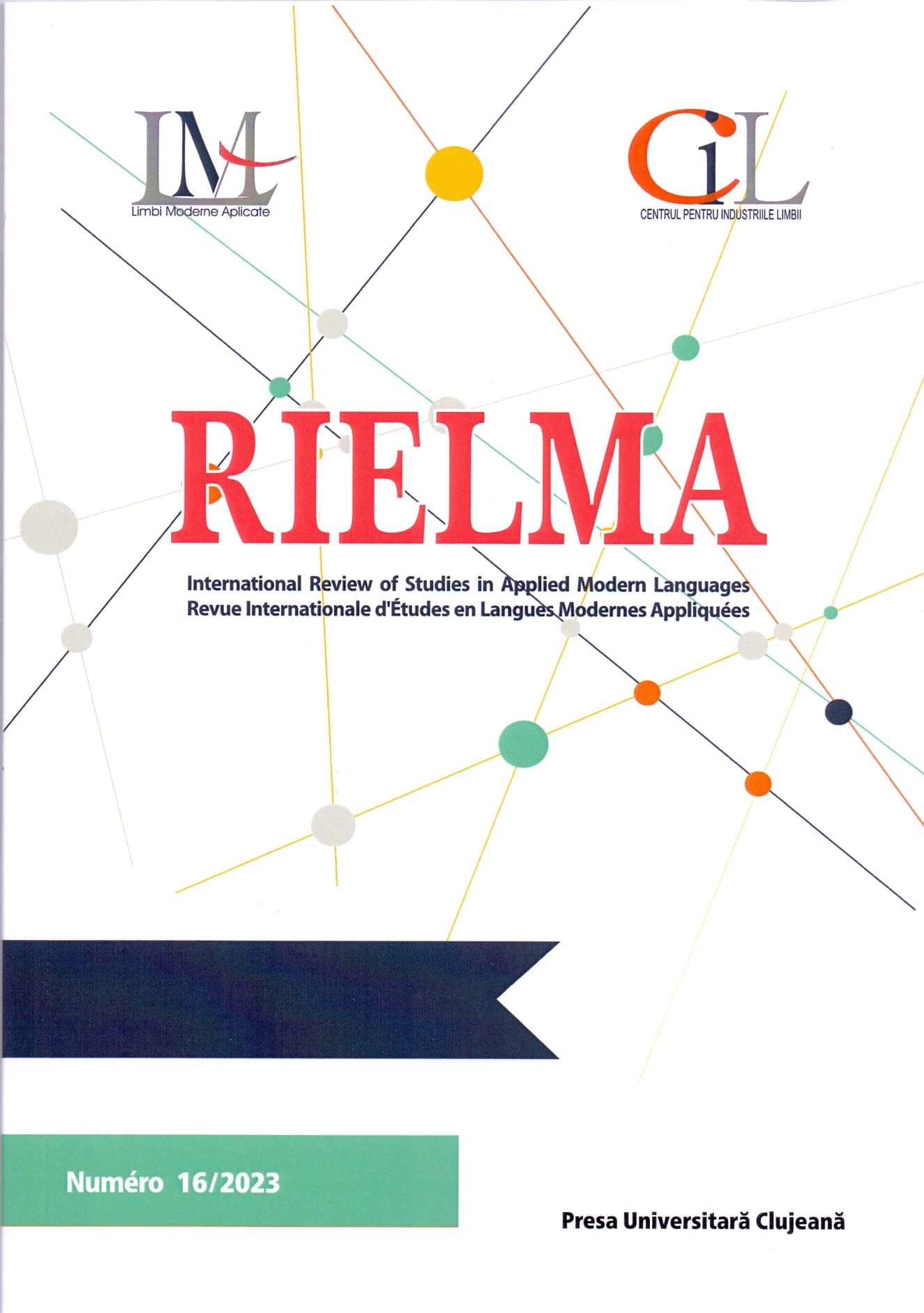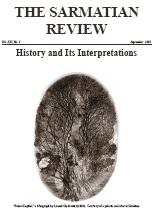
W. Martin in conversation with Alicja Jankowska, Tomasz Krówka, Anastazja Lubecki, Sebastian Szafrański, Tamara Zielińska and Piotr Wilczek
W. Martin in conversation with Alicja Jankowska, Tomasz Krówka, Anastazja Lubecki, Sebastian Szafrański, Tamara Zielińska and Piotr Wilczek
Chicago Review, a highly regarded literary journal published at the University of Chicago, devoted a double issue (46:3&4, Fall 2000) to New Polish Writing: poems, short stories, novel excerpts, reportage, essays, and feuilletons written by Polish writers since 1989. On March 7, 2001, a group of students from the University of Illinois-Chicago met with W. Martin, the guest editor for the issue. The meeting was part of a course on postwar Polish literature taught by Professor Piotr Wilczek. This is the transcript of their conversation.
More...
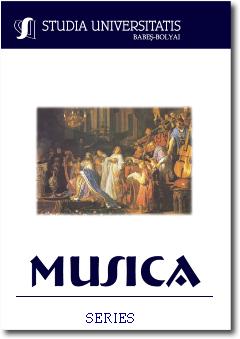
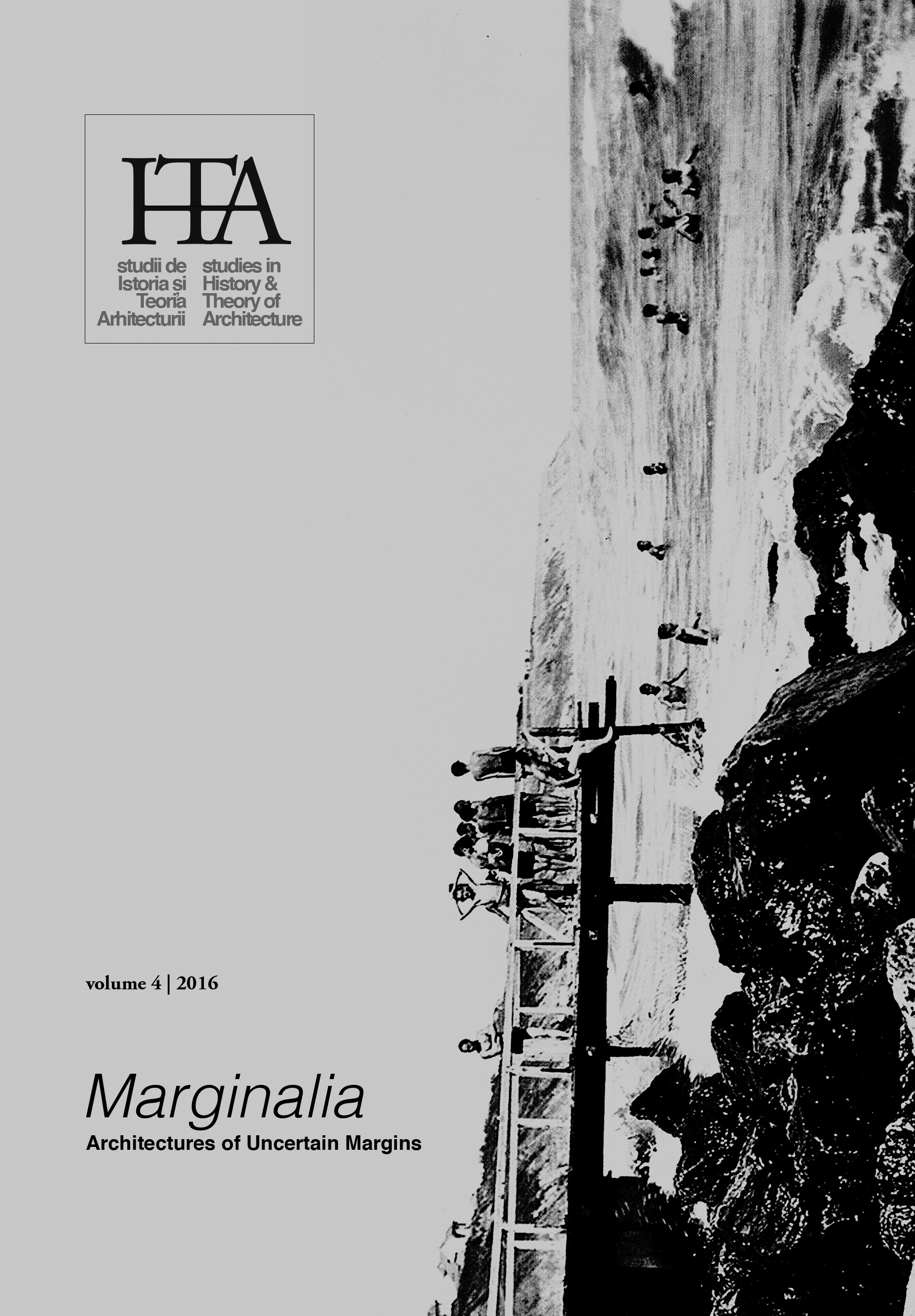
![Iwona Janowska, Review of the book by Tamara Czerkies: Bliżej tekstów [Closer to the Texts], Seul 2016, pp. 270.](/api/image/getissuecoverimage?id=picture_2017_36723.jpg)
